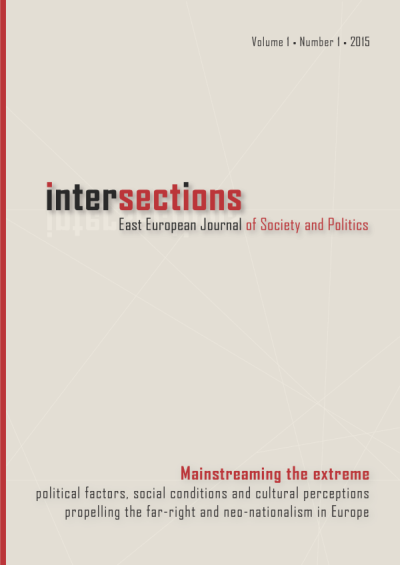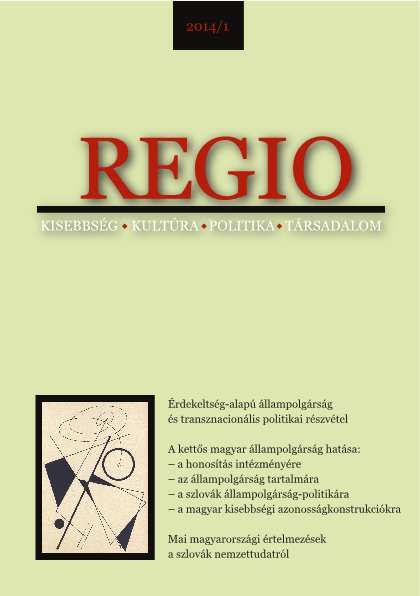Stable or not? Patterns of party system dynamics and the rise of the new political parties in the Czech Republic
Stable or not? Patterns of party system dynamics and the rise of the new political parties in the Czech Republic
Keywords: political parties; party system; the Czech Republic; stability; dynamics; volatility;
The text analyses the stability and dynamics of the party system in the Czech Republic after 1989. After summarizing the theoretical discussion about the stability of the party politics, the author applies selected tools for measuring the party system stability within the Czech party system environment. Besides the stability of individual political parties, the author also deals with systemic approaches by emphasising the importance of the inter-party relations and concludes that the Czech party system could be considered as a relatively stable one when taking into account the performance of individual parties, at least to the 2010 election, but relatively unstable when assessing the systemic relations. Moreover, the author assesses the changes of the party system after the 2010 and 2013 general elections and identifies the political crisis as the main reason for the rise of the new anti-establishment political parties.
More...

